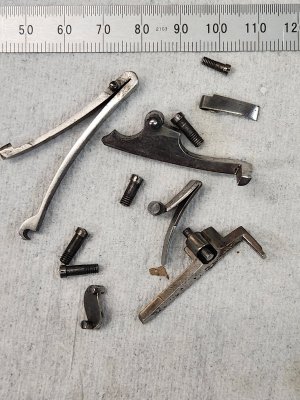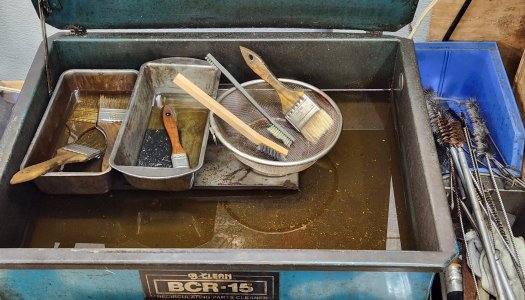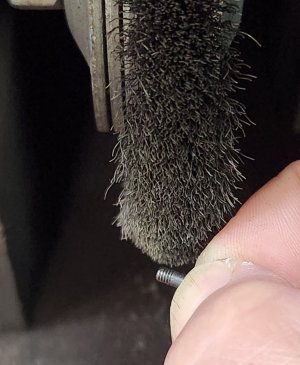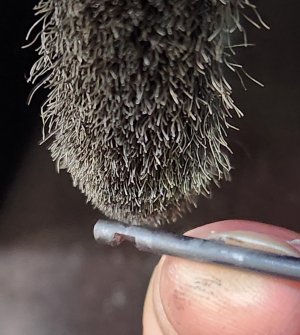On a regular basis, every couple days, I have to disassemble firearms, put all the parts into a parts washer and scrub clean.
For 30+ years I've had my bare hands in that parts washer full of Varsol. I've tried to use gloves, latex and nitrile gloves, but the majority of the parts being washed are quite small, and I can't feel or control those parts with gloves on.
What non-toxic parts washer/degreaser which is affordable and does as good a job as Varsol do you guys recommend?
For 30+ years I've had my bare hands in that parts washer full of Varsol. I've tried to use gloves, latex and nitrile gloves, but the majority of the parts being washed are quite small, and I can't feel or control those parts with gloves on.
What non-toxic parts washer/degreaser which is affordable and does as good a job as Varsol do you guys recommend?




